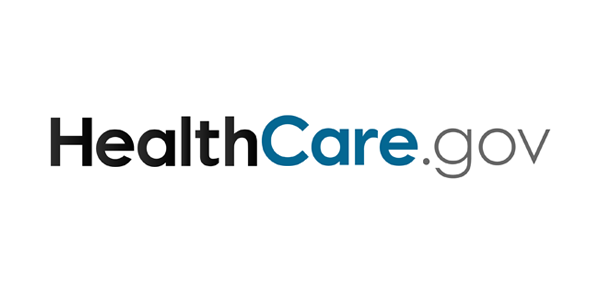Most of us understand what a copayment is, right? It’s a fixed dollar amount that the insured pays for certain covered services on a health plan before benefits are paid by the plan. Usually, but not always, benefits that apply these copayments, or copays for short, are paid before the calendar-year deductible has been met and after the copay has been paid by the insured. Some HSA-qualified plans, though, do have copayments for prescriptions that kick in after the deductible has been met.
Read Understanding Facility Copayments










